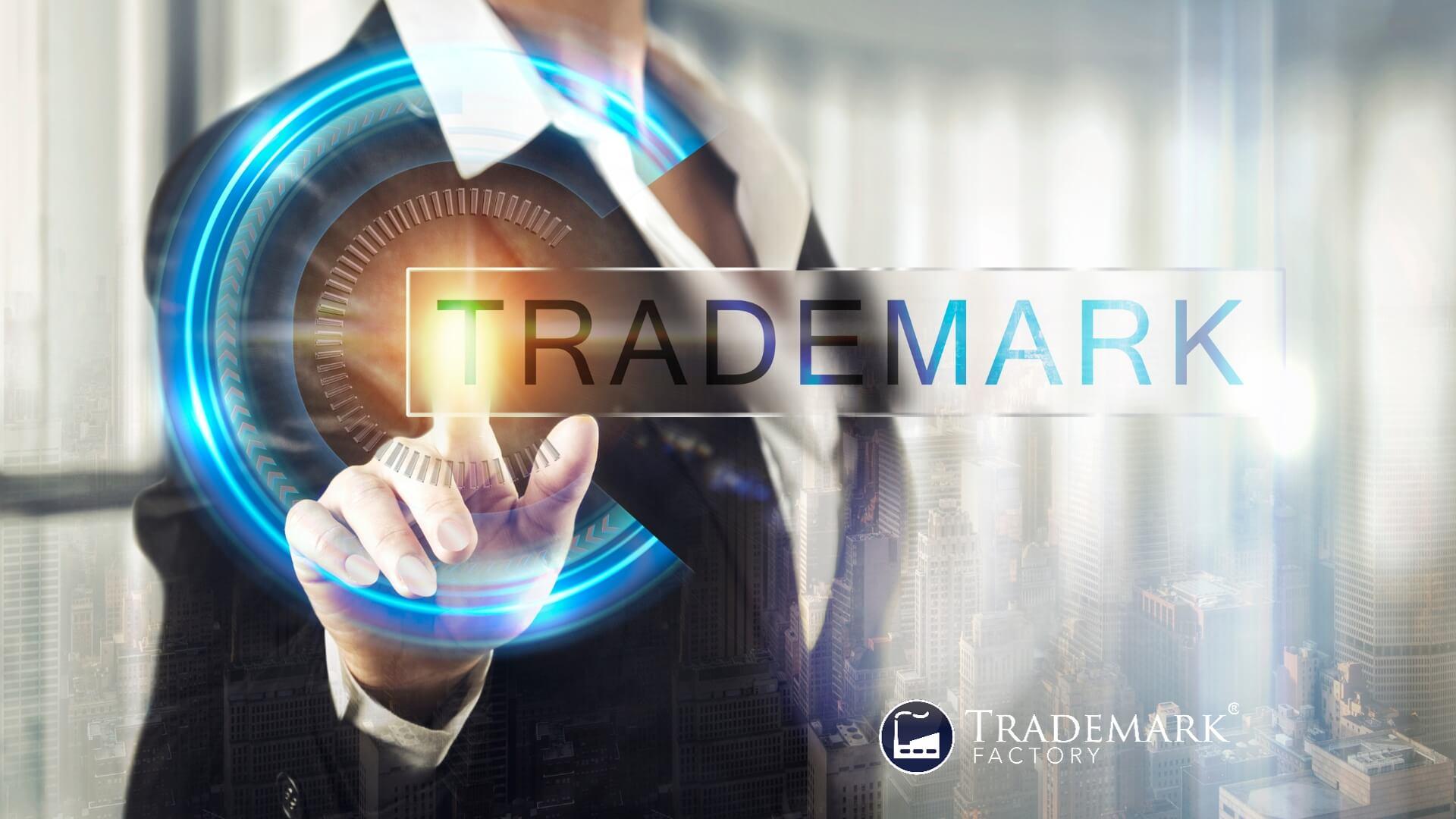Trademark Valuation Unleashed Impacting Licensing and Transactions

This article examines the impact of trademark valuation on licensing agreements and transactions. It analyzes the role of trademark valuation and transaction in negotiating licensing agreements and explores how it influences the terms of such agreements. Additionally, it investigates the effect of trademark valuation on trademark sale transactions, emphasizing the importance of accurate valuation in mergers and acquisitions. Furthermore, this article addresses how trademark valuation aids in determining fair market value. Through a detailed, analytical approach, this study provides authoritative insights into the significance of trademark valuation in licensing and transactional contexts.
Key Takeaways

- Trademark valuation and royalty rates are crucial for leveraging licensing agreements and generating returns on investment.
- Accurate valuation has effects of trademark valuation businesses financing to assess the worth of their intellectual property assets and make informed decisions regarding brand expansion and strategic partnerships.
- Factors such as brand recognition, industry, market conditions, and financial performance influence the value of a trademark.
- Different methods, such as cost-based, market-based, income-based, relief from royalty, and multi-method approaches, can be used for trademark valuation.
The Role of Trademark Valuation in Negotiating Licensing Agreements

Optimizing licensing deals is a crucial aspect in the realm of trademark valuation and negotiations. By carefully assessing the value of a trademark, parties involved in licensing agreements can effectively leverage their position and maximize the benefits derived from such deals. Through meticulous analysis and strategic decision-making, stakeholders can ensure that licensing agreements are optimized to align with their objectives and generate substantial returns on investment.
Optimizing Licensing Deals
Enhancing the terms of licensing agreements involves strategically analyzing and adjusting various components to maximize benefits for all parties involved. This includes considering licensing strategies, negotiation tactics, and intellectual property value to ensure a fair and profitable agreement. Maximizing profits is a key goal in optimizing licensing deals, and this can be achieved by accurately valuing trademarks and leveraging their value during negotiations. By understanding the true worth of intellectual property, licensors can negotiate favorable terms that reflect the value of their brand.
Licensing Strategies
Maximizing Profits
Negotiation Tactics
Exclusive licensing
Royalty adjustments
Bundling products
Non-exclusive licensing
Upfront payments
Cross-licensing
Sub-licensing
Revenue sharing
Joint ventures
By employing these strategies and tactics, licensors can secure beneficial licensing agreements that generate substantial revenue streams while protecting their intellectual property rights. The careful analysis of trademark valuation allows for informed decision-making during negotiations, leading to mutually advantageous outcomes for both parties involved.
This focus on optimizing license deals based on strategic analyses is crucial as it highlights the importance of maximizing profits through effective negotiation tactics. By incorporating accurate trademark valuations into licensing agreements, companies can ensure that they are receiving fair compensation for the use of their intellectual property.
Transition: Understanding how trademark valuation impacts the terms of licensing agreements provides valuable insights into how licensors can best protect their assets while securing lucrative partnerships without compromising their brand's integrity.
How Trademark Valuation Affects the Terms of Licensing Agreements

Trademark valuation plays a crucial role in shaping the terms and conditions of licensing agreements. By determining the value of a trademark, licensors can negotiate for favorable terms that align with the perceived worth of their intellectual property. The results of trademark valuation can influence factors such as exclusivity, duration, and geographic scope, allowing licensors to tailor the agreement to maximize its value and protect their rights.
Tailoring Terms for Value
Tailoring licensing terms to align with the determined worth of a trademark ensures that both parties involved in the transaction can benefit from the value it holds. Value assessment, negotiation strategies, and licensing optimization are key components in this process. By accurately assessing the value of a trademark, negotiating fair terms, and optimizing licensing agreements, transaction dynamics can be improved and market fairness can be achieved. The impact of trademark valuation on trademark sale transactions will be discussed further in the subsequent section.
The Impact of Trademark Valuation on Trademark Sale Transactions
 The valuation of trademarks has a significant ripple effect in transactions involving their sale and valuation on due diligence. The accurate determination of the value of a trademark is crucial for both buyers and sellers, as it directly impacts the negotiation process and the final sale price. Trademark valuation's role in business valuation considerations such as brand recognition, market position, and potential future earnings play a pivotal role in shaping the overall dynamics of trademark sale transactions.
The valuation of trademarks has a significant ripple effect in transactions involving their sale and valuation on due diligence. The accurate determination of the value of a trademark is crucial for both buyers and sellers, as it directly impacts the negotiation process and the final sale price. Trademark valuation's role in business valuation considerations such as brand recognition, market position, and potential future earnings play a pivotal role in shaping the overall dynamics of trademark sale transactions.
Valuation's Ripple Effect in Transactions
Valuation's ripple effect in transactions can be observed through the examination of specific cases or statistics where accurate valuations significantly impacted sale transactions. This highlights the importance of conducting thorough and precise valuations to ensure successful outcomes. Key factors that contribute to this ripple effect include valuation challenges, pricing strategies, market dynamics, negotiation tactics, and risk assessment. Understanding these elements is critical for making informed decisions during trademark sale transactions. Accurate trademark valuation plays a crucial role in mergers and acquisitions by providing a solid foundation for decision-making processes.
The Importance of Accurate Trademark Valuation in Mergers and Acquisitions

Accurate trademark valuation plays a crucial role in guiding mergers and acquisitions (M&A) decisions. By providing an objective assessment of the value of trademarks, it enables organizations to make informed choices regarding potential deals. This analytical approach helps mitigate risks and enhances the overall success of M&A transactions by ensuring that key assets are properly evaluated and aligned with strategic objectives.
Guiding M&A Decisions
Guiding M&A decisions involves a careful consideration of various factors related to trademark valuation. This includes evaluating synergies that may be created by combining the trademarks of the merging companies, assessing brand strength to determine the potential value of the trademarks, and identifying potential risks associated with the trademarks such as legal disputes or negative consumer perceptions. Additionally, quantifying brand value through accurate trademark valuation informs negotiation strategies by providing insight into the worth of the trademarks in question. The effect of trademark valuation on determining fair market value will be discussed in the subsequent section.
The Effect of Trademark Valuation on Determining Fair Market Value

The concept of fairness in markets is a complex and multifaceted issue that has been the subject of much debate among economists and scholars. Defining what constitutes fairness in markets requires careful consideration of various factors, including the distribution of resources, access to information, and the presence or absence of market power. Additionally, different theories and perspectives have emerged to explain and assess fairness in markets, such as distributive justice theories, egalitarianism, and libertarianism. Understanding these key points is essential for evaluating the fairness of markets and informing policy decisions aimed at promoting equitable outcomes.
Defining Fairness in Markets
Fairness in markets can be defined as the equitable distribution of resources and opportunities among market participants. It is influenced by various factors including market dynamics, pricing strategies, value assessment, and market competition. Defining fairness requires considering the balance between supply and demand, ensuring transparent and competitive pricing mechanisms, promoting equal access to information, and preventing monopolistic practices. Market participants must adhere to ethical standards and regulations to maintain fairness in transactions and prevent any exploitation or disadvantageous outcomes for certain parties involved.
Frequently Asked Questions
 What Are the Different Methods Used to Determine the Value of a Trademark in Licensing Agreements?
What Are the Different Methods Used to Determine the Value of a Trademark in Licensing Agreements?
Methods used to determine the value of a trademark in licensing agreements include the fair market value approach, which considers prices in open markets; the income approach, which estimates future cash flows; the cost approach, which calculates replacement costs; and the relief from royalty method, which assesses royalties. Additionally, brand strength is evaluated to gauge its influence on consumer behavior and market position.
Can Trademark Valuation Impact the Royalty Rates and Payment Terms in Licensing Agreements?
Trademark valuation can have significant financial implications for licensing agreements, as it directly impacts royalty rates and payment terms. Furthermore, a well-executed trademark valuation can provide strategic advantages by ensuring fair compensation and aligning with industry standards, competitive landscape, and market demand.
How Does Trademark Valuation Affect the Negotiation Process Between Licensors and Licensees?
Trademark valuation plays a crucial role in the negotiation dynamics between licensors and licensees. From the licensee's perspective, understanding the impact of trademark valuation on profitability is essential. Additionally, brand equity assessment and competitive landscape analysis inform the negotiation process.
Are There Any Legal Considerations Related to Trademark Valuation in Licensing Agreements?
Legal considerations related to trademark valuation in licensing agreements include the selection of appropriate valuation methods, the impact of royalty rates on negotiation process, and the consideration of fair market value factors.
What Factors Should Be Taken Into Account When Determining the Fair Market Value of a Trademark in Mergers and Acquisitions?
Determining factors for fair market value of a trademark in mergers and acquisitions include brand recognition, reputation, market position, profitability, financial projections, licensing agreements, industry trends, and importance of trademark valuation in intellectual property legal protection. This valuation process requires detailed analysis and authoritative expertise.
Conclusion

In conclusion, trademark valuation plays a crucial role in negotiating licensing agreements and determining fair market value. Accurate valuation of trademarks impacts the terms of licensing agreements, ensuring that both parties receive a fair and equitable deal. Additionally, trademark valuation is vital in trademark sale transactions, as it helps determine the appropriate price for the transfer of ownership. In mergers and acquisitions, accurate trademark valuation becomes even more significant as it affects the overall value and success of such transactions. Therefore, organizations must invest in robust trademark valuation methodologies to make informed decisions regarding licensing and transactions.
Subscribe to Trademark Wednesdays, our weekly newsletter where we'll send fun and informative trademarking topics straight to your inbox.




